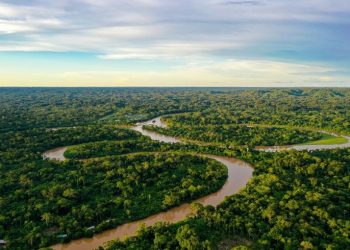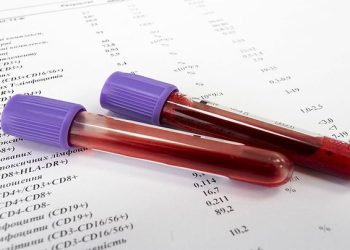Jakarta – The government has budgeted incentives for people who want to switch to electric vehicles, both motorcycles and electric cars. The incentives include those who want to convert their motorcycles into electric motors.
Sripeni Inten Cahyani, Expert to the Minister of Energy and Mineral Resources for Electricity, revealed that Indonesia, which has a population of 273 million, has enormous potential, with around 115 million motorcycle users.
“People who are still happy with their old motorcycle, still happy with the old form, or still love it because there is an emotional bond so they are reluctant to change motorbikes, can be converted to electric motorbikes,” she said in the Forum Merdeka Barat 9 (FMB9) Dialogue with the theme ‘More Fun with Electric Motorbikes’, Monday (29/5).
Therefore, according to Sripeni, this conversion program provides a great opportunity for the public to switch fossil fuel vehicles to electric vehicles that are more environmentally friendly.
In addition, in terms of industry, this program can provide tremendous value addition.
“For example, nickel processing from ore to processing only provides a multiplier effect of 11 times, while if it reaches the EV battery it is up to 67 times,” he said.
Not to mention that with a large population, Indonesia has a potential market for electric vehicles. This can also encourage the growth of supporting industries and create new jobs.
Therefore, in order to support this program, the government has budgeted the provision of incentives for people who want to convert old vehicles into electric vehicles.
He also mentioned that this incentive is actually a partial transfer of subsidies and compensation for fuel oil.
“In addition to providing benefits to the community, the electric vehicle conversion program is also in line with the government’s commitment to reduce GHG (greenhouse gas) emissions,” she added.
In running the electric vehicle conversion program, Sripeni appreciates the support of the Ministry of Transportation, which has played a role in issuing regulations that facilitate the conversion process.
In this case, workshops that are appointed and meet the criteria set by the Ministry of Transportation will be able to carry out vehicle conversions officially.
“In 2020, there were only 2-3 workshops. But currently, there are already 21 main workshops that meet the requirements and are registered in this program,” he said.
In the same forum, Secretary of the Directorate General of Metal, Machinery, Transportation Equipment and Electronics of the Ministry of Industry, Yan Sibarang Tandiele, assessed that the energy transition from fossil resources to new renewable energy is an important step in overcoming climate change.
Therefore, the development of electric vehicles is one of the strategic steps taken.
“Moreover, the automotive industry is one of the priority sectors in Indonesia, with the country being one of the largest automotive producers in the world,” he said.
According to him, this industry is an opportunity that must be utilized properly, because if the market is filled by other countries, then Indonesia will lose significant economic potential. However, he admitted that currently the development of electric vehicle technology is still in its early stages, so the price is still relatively high.
“For this reason, incentives for consumers to buy electric vehicles can create a price balance between conventional vehicles and electric vehicles. This approach is seen by the Ministry of Industry as a step that not only provides assistance to buyers, but also builds an ecosystem that supports the development of electric vehicles as a whole,” continued Yan.
In terms of policy itself, there is currently a Minister of Industry Regulation No. 6 of 2023, which states that certain categories of people are eligible for incentives. Among them are recipients of People’s Business Credit (KUR), recipients of Micro Business Productive Assistance (BPUM), and people receiving assistance as electricity customers.
“This aims to provide opportunities for groups of people who may have financial limitations to still be able to obtain electric vehicles,” he said.
In addition to direct incentives to consumers, the government has also implemented other policies that support the development of the electric vehicle industry.
In Presidential Regulation No. 55, there is a legal basis that regulates the development of this sector, including the reduction of Sales Tax on Luxury Goods (PPNBM). In this context, electric vehicles get a VAT cut from 11 percent, with 10 percent borne by the government.
Another speaker, Chairman of the Indonesian Electric Motorcycle Association (AISMOLI), Budi Setiyadi, argued that education to the public is key in increasing electric vehicle sales and vehicle conversion.
“The most important thing is to educate the public, that the government encourages the acceleration of the use of electric vehicles and also includes conversion.
In addition to education, we also build everything, including the APM, so that there is public confidence to switch from conventional to electric vehicles,” he said.
In addition, he added, government support in the form of incentives and equitable infrastructure development are also important factors in encouraging the adoption of electric vehicles.
In his view, one of the challenges in developing electric vehicles is achieving a minimum Domestic Component Level (TKDN) of 40 percent, as stipulated in Presidential Regulation No. 55/2019.
“Currently, only 10 out of 52 manufacturers or APMs have achieved this requirement. We always expect our association members to always increase the Domestic Component Level,” he concluded. (Photo: FMB9)

























